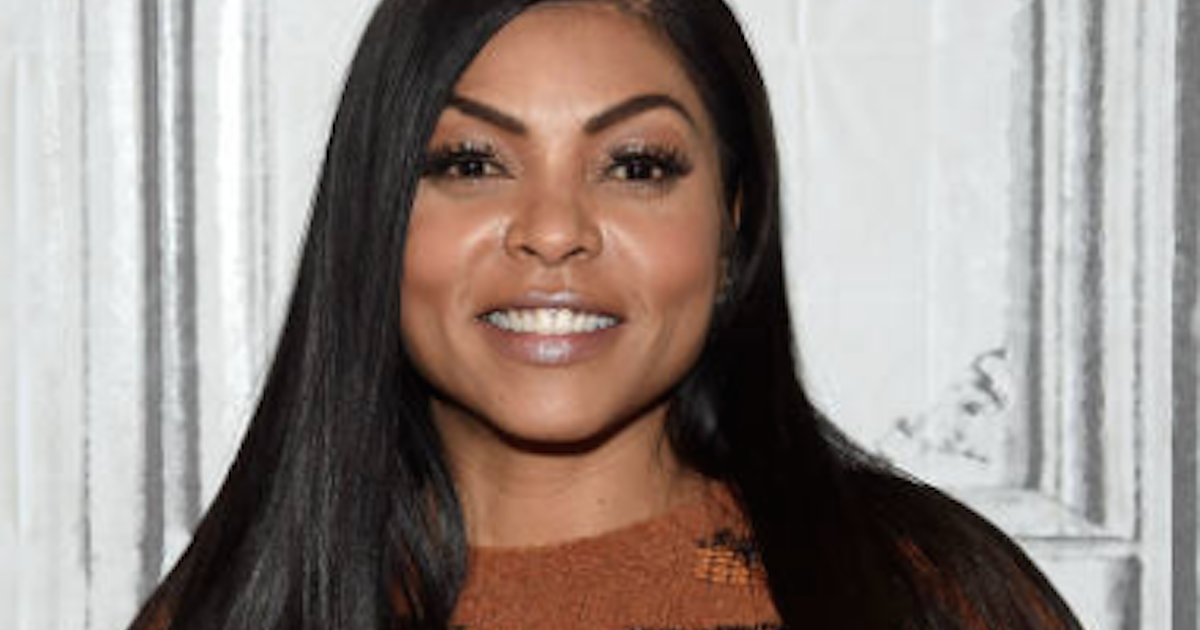Taraji Talks Mental Health
- Actress Taraji P. Henson is promoting frank conversations around mental health on her Facebook show, “Peace of Mind with Taraji.”
- The actress shared that she struggles with depression and anxiety.
- Taking care of mental health during the COVID-19 pandemic is important for everyone, especially those battling cancer.
Mental Health & COVID-19
Henson is one of many celebrities who are speaking out about mental health, particularly during the COVID-19 pandemic, which has led to increased rates of depression. During this time, many people are isolated, disconnected, struggling with loneliness, and also struggling with job insecurity and housing insecurity, as well as food insecurity. All this on top of worrying about catching a deadly respiratory virus. It’s a stressful time to be a human.
View this post on Instagram
We’re grateful that Henson is normalizing discussions around mental health. She told Self, “I’m speaking up now because we are in a national crisis,” said Henson. “I want people to know that it is okay to seek help.”
Seeking help for mental health struggles can look like: Going to therapy, going on anti-depressant or anti-anxiety medication, taking up practices like yoga and meditation, and other mental-health-boosting activities, like exercise, proper sleep, etc. Whatever path you choose to alleviate your mental health struggles, know that there are resources out there and that there are people who can help. You don’t have to suffer in silence.
A Guided Meditation for the SurvivorNet Community
Treating Depression After a Cancer Diagnosis
A COVID-19 pandemic isn’t the only mental health disruptor out there, of course. Many factors, including genetics, may lead to mental health struggles. For some people, a difficult diagnosis like cancer may lead to depression. In a small percentage of people diagnosed with cancer, they may experience clinical depression.
Dr. Scott Irwin, the Director of Supportive Care Services at Cedars-Sinai, said in a previous interview with SurvivorNet, “Depression is a really interesting topic, because a lot of people assume that, oh, they have cancer. They must be depressed. That’s actually not true. 85% of patients do not get what would be considered a clinical depression. 15% do. For prescribing medications for depression in the context of cancer, I often try to choose medications with the lowest side effect profile.”
Treating Depression After a Cancer Diagnosis
Learn more about SurvivorNet's rigorous medical review process.

